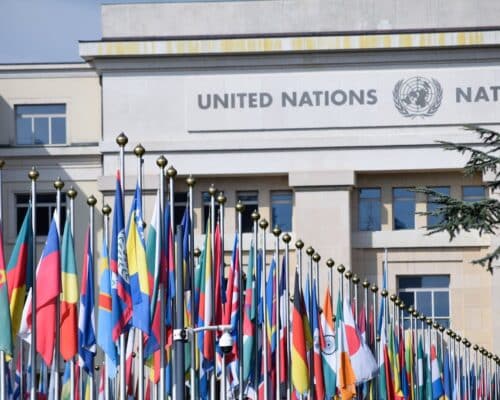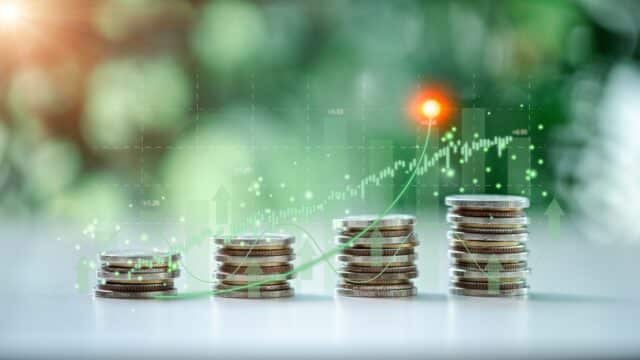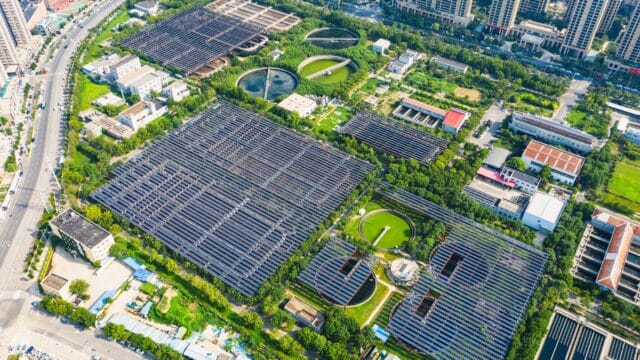Articles

Energy Crisis In India: What’s Next?
India's power demand is rapidly growing, and its supply needs help to keep up. This is creating an ongoing energy crisis with economic, social, and environmental impacts. The country needs to realign itself with positive renewable energy policies to spur rapid growth of the sector. Renewable energy can provide cheap, long-term, viable energy to bridge the existing demand gap.

APAC Data Centre Carbon Footprint to Escalate from Gas Usage
Data centre, cloud computing, and artificial intelligence (AI) investment in the Asia Pacific (APAC) region is escalating, but so is the need to power that buildout. Natural gas will be the fuel of choice for producing electricity for the sector. However, more gas development means more greenhouse gas emissions. A better way forward must be developed.
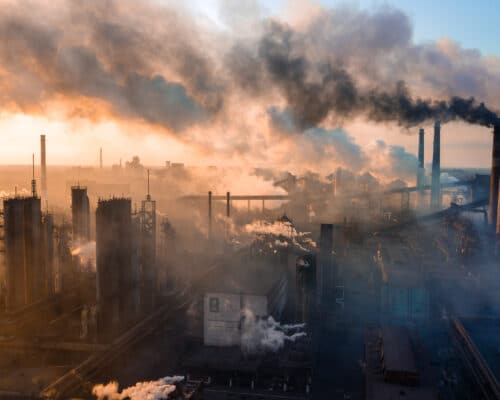
Coal is Dirtier Than You Think: The Hidden Methane Risk [Op-Ed]
Coal mine methane is an overlooked source of emissions. Dr Sabina Assan, a methane analyst at global energy think tank Ember, shares her views on how, with proven technologies, half of the methane emitted by coal mines in Asia can be tackled.

Asia’s Renewable Energy Leaders and Laggards in 2024
The International Energy Agency's (IEA) Renewables 2024, published in early October, reveals Asia’s renewable energy leaders and laggards.
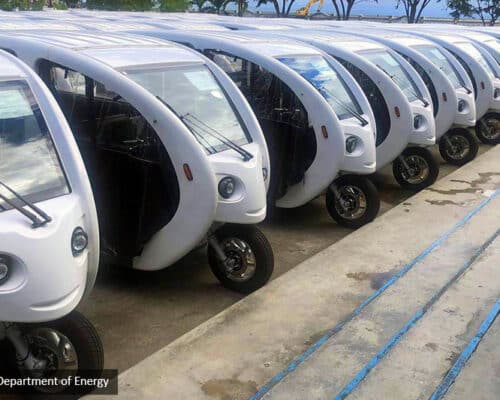
Accelerating Electric Cars in the Philippines in 2025
The EV market in the Philippines is small but growing. By 2040, the country aims for 50% of vehicles on the road to be EVs. To meet this target, the government must provide more support for EV manufacturers and consumers.

How the 2024 US Presidential Election Might Change America’s Climate Policy
On Nov. 5, US voters will elect Kamala Harris or Donald Trump as their next president. Aside from the global geopolitical stage, the outcome will also significantly impact the world's decarbonisation journey, the prospects of achieving Paris Agreement goals and the efforts to tame the climate crisis.

Are Carbon Offsets a Scam? A Deeper Look
There is growing scrutiny around the legitimacy of carbon credits. Several high-profile carbon credit scams have come to light in the last several years, undermining the trust in the market. However, carbon credits are an essential tool for decarbonisation, and further oversight is necessary to maintain their value.
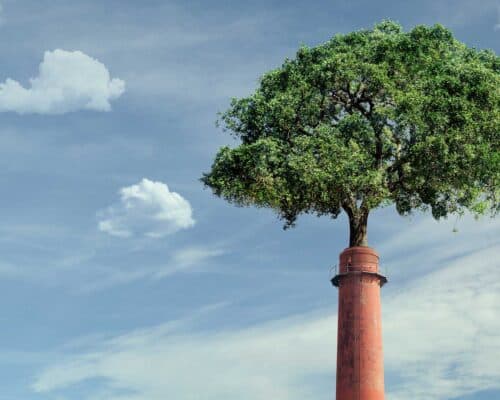
What is Carbon Credit Fraud? How Does It Impact Climate Action?
Carbon credit fraud undermines the integrity and effectiveness of the carbon credit market, which is crucial for global decarbonisation efforts. Stricter regulations, improved verification processes and greater transparency are needed to ensure the market's role in mitigating climate change.

Why Are Carbon Credits Bad? The Hidden Dangers of Carbon Credits
The carbon credit market is booming, but many experts believe it has several critical failures that reduce credit effectiveness. With foundational changes, the market can navigate these risks and be a valuable tool for decarbonisation.
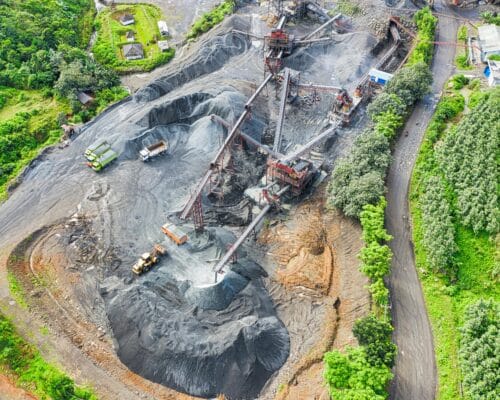
Indonesia’s Energy Policy Under The New President Prabowo Subianto
Environmentalists, human rights activists, and energy market analysts are wary of Prabowo Subianto's appointment as Indonesia's new president. However, the leader can prove them wrong in what would be a huge boost for Indonesia's and the global decarbonisation and sustainability efforts.
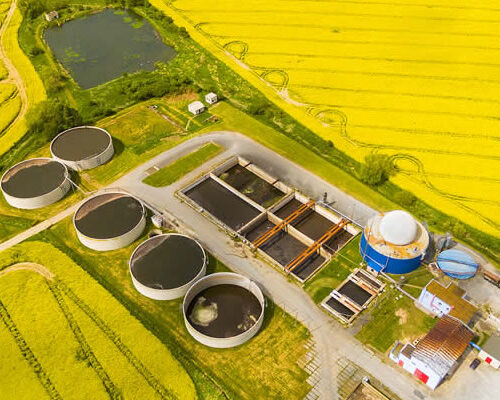
Biomass Energy in the Philippines: From Waste to Power
Biomass energy is a zero-emissions energy source that is vital to the country's energy landscape. Additionally, its growth is an essential focus for the country's renewable energy goals. However, the government must address feedstock concerns and provide regulatory support for the industry to grow.

Does Carbon Offsetting Work?
Carbon offsets are becoming essential to corporate decarbonisation, yet their impact in reducing emissions is highly debated. There is mounting evidence that the environmental benefits of a large portion of offsets sold on the market are exaggerated or worthless. However, with proper oversight and management, offsets can be critical in combatting unavoidable emissions.
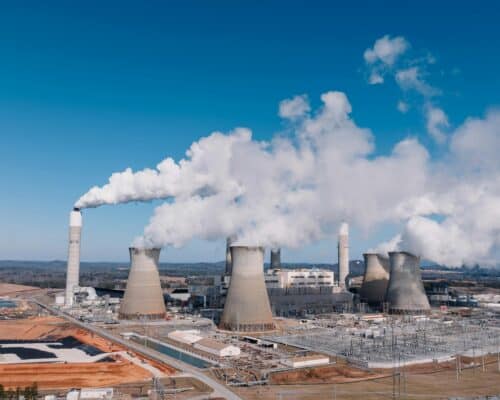
The State of Fossil Fuel Funding in 2024: The Biggest Corporate and State Backers
While unbearable heatwaves, catastrophic floods, and other devastating climate impacts are multiplying in frequency and severity, experts reveal that the top 60 largest private banks have provided USD 6.9 trillion to fossil fuels since the Paris Agreement.
Most Popular
Most Popular
Categories
-
10
-
34
-
126
-
4
-
17
-
46
-
52
-
11
-
10
-
15
-
24
-
6
-
1
-
5
-
6
-
283
-
200
-
17
-
24
-
1
-
1
-
23
-
41
-
44
-
88
-
18
-
86
-
41
-
17
-
11
-
43
-
54
-
86
-
299
-
22
-
44
-
36
-
11
-
42
-
36
